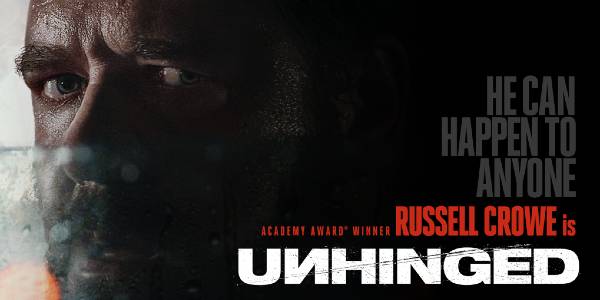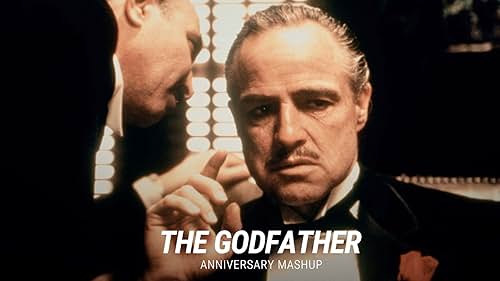Ken Park, directed by Larry Clark and Edward Lachman, is a controversial and uncompromising drama that explores the hidden lives of a group of teenagers growing up in suburban California. Known for its raw, explicit portrayal of adolescence, the film dives into themes of dysfunction, sexuality, family conflict, and emotional isolation.
The story is told through a fragmented narrative focusing on several teens—Shawn, Claude, Tate, and Peaches—each dealing with complex and often troubling situations at home. Their lives are connected through their skateboarding circle and a friend named Ken Park, whose fate casts a shadow over the film. Unlike traditional coming-of-age dramas, Ken Park avoids romanticizing youth. Instead, it portrays it as a turbulent and sometimes dark experience, shaped by abuse, neglect, and emotional abandonment.
The film generated significant controversy due to its graphic content, including sexual scenes involving young characters and its unfiltered depiction of familial dysfunction. As a result, Ken Park was banned or unreleased in several countries and has remained difficult to find through conventional means. However, it continues to be discussed for its daring and provocative approach to storytelling.
Ken Park is not a film for the faint of heart. It’s intended as a mirror held up to uncomfortable realities that are often ignored. Through Clark and Lachman’s lens, the movie challenges viewers to confront the darker edges of adolescence and the failures of adult guidance. While polarizing, it’s a film that leaves a lasting impression and contributes to ongoing conversations about art, censorship, and the depiction of youth in cinema.









